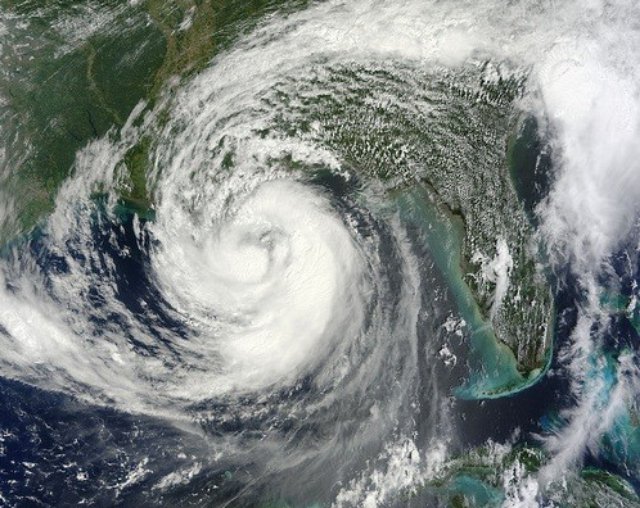 Scientists propose using UAS to cloud seed in an effort to reduce the intensity of a hurricane.
Scientists propose using UAS to cloud seed in an effort to reduce the intensity of a hurricane.
In a paper published in Atmospheric Science Letters, researchers believe cloud seeding marine stratocumulus clouds — which cover an estimated quarter of the world’s oceans – with “copious quantities of seawater cloud condensation nuclei” that it would help to tame the formation of deadly and destructive hurricanes.
“Hurricanes derive their energy from the heat contained in the surface waters of the ocean,” Dr. Alan Gadian, researcher from the University of Leeds, said in a press release. “If we are able to increase the amount of sunlight reflected by clouds above the hurricane development region then there will be less energy to feed the hurricanes.”
The study believes that by using drones to spray tiny seawater droplets into stratocumulus clouds, it could reduce sea surface temperatures where hurricanes develop. This technique — known as marine cloud brightening — increases cloud reflectivity and duration, causing more sunlight to be bounced back into space, which in turn lowers sea surface temperatures by a few degrees.
“Data shows that over the last three decades hurricane intensity has increased in the Northern Atlantic, the Indian and South-West Pacific Oceans,” Gadian said in the press release. “We simulated the impact of seeding on these three areas, with particular focus on the Atlantic hurricane months of August, September and October.”
Researchers suggest that the marine cloud brightening technique could reduce a hurricane’s power by one full category, but they warn more studies need to be done.
“Much more research is needed and we are clear that cloud seeding should not be deployed until we are sure there will be no adverse consequences regarding rainfall,” Gadian explained in the release. “However if our calculations are correct, judicious seeding of maritime clouds could be invaluable for significantly reducing the destructive power of future hurricanes.”
Photo: Flickr/NASA Goddard Photo
Source: CBS Houston
